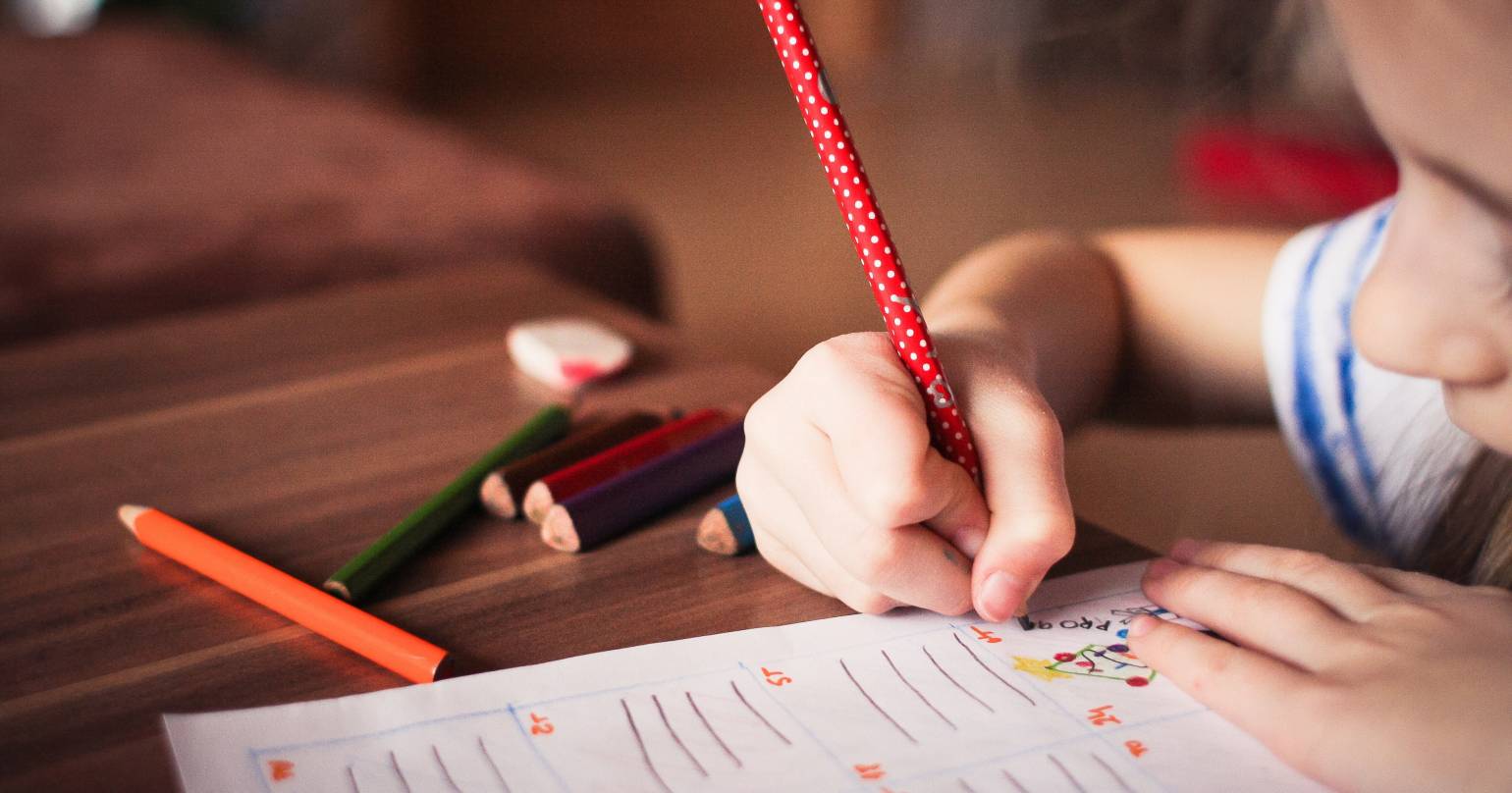Now that you have met with a Board Certified Behavior Analyst (BCBA) and have scheduled ABA therapy sessions for your child, how do you know whether or not your child is receiving quality services that will make a positive impact in their life? Today I want to share a few tips for what to look for in a BCBA and ABA therapy services to help ensure your child makes progress toward the goals written in their Treatment Plan.
When it comes to information that I want to remember quickly and easily, I love a good acronym! I feel that knowing the qualities of an ethical and professional BCBA is important for parents, so I made up an acronym for you. Remember that life with your BCBA should always be a TRIP. They are on board with you through your child’s journey and are here to provide help and support.
A professional and ethical BCBA is:
Transparent- Everything about ABA should be clear and concise. Treatment Plans should be objective, meaning there should be no room for interpretation. Everyone on board should know exactly how things are done so that there can be consistency in the therapy setting, at home, and in the community. Consistency helps lead to progress. Make sure your BCBA is updating you on your child’s progress at least weekly.
Reinforcing- Reinforcement is the key to ABA. Reinforcement simply means getting rewarded for your what you do. When you are rewarded for how you act, it not only makes you feel good, but it also means you’re more likely to act that way again in the future. Your child’s Treatment Plan should be based on rewards, not punishment. Also, you should be rewarded for your involvement in your child’s progress as well! Make sure your BCBA is a positive influence on you and your child.
Involved- A BCBA is the one who creates, monitors, and updates your child’s Treatment Plan. They may or may not be the one who implements the plan during regularly scheduled therapy sessions. If a Registered Behavior Technician (RBT) is the one who works directly with your child, the BCBA should attend a session at least once a week to observe your child and the RBT in order to modify your child’s plan accordingly and ensure the RBT is implementing the plan correctly. While the BCBA does not have to be present for every session, make sure they are easily accessible when an RBT is working with your child.
Professional- As a BCBA, we have a Professional and Ethical Compliance Code we are required to practice by. This Code helps to safeguard the BCBA, RBT, and your child. Because ABA therapy, especially for younger children, is intensive and occasionally conducted within your home, it is easy for the BCBA and/or RBT to begin to feel like a family friend. However, the BCBA and RBT are both trained professionals here to provide a service to your child and your family. Make sure your BCBA addresses the importance of maintaining a strictly professional relationship and only discussing topics related to your child’s treatment plan.
Now that you’ve gotten started in ABA therapy and know what to look for in a BCBA, it’s time to start tackling some of the things you may hear them talk about during session reviews and parent training. For the next few weeks I’ll break down some of the terms and techniques your BCBA will likely use in your child’s Treatment Plan. The more you know, the more you can help extend the progress your child makes beyond the therapy setting and into your home and community.

